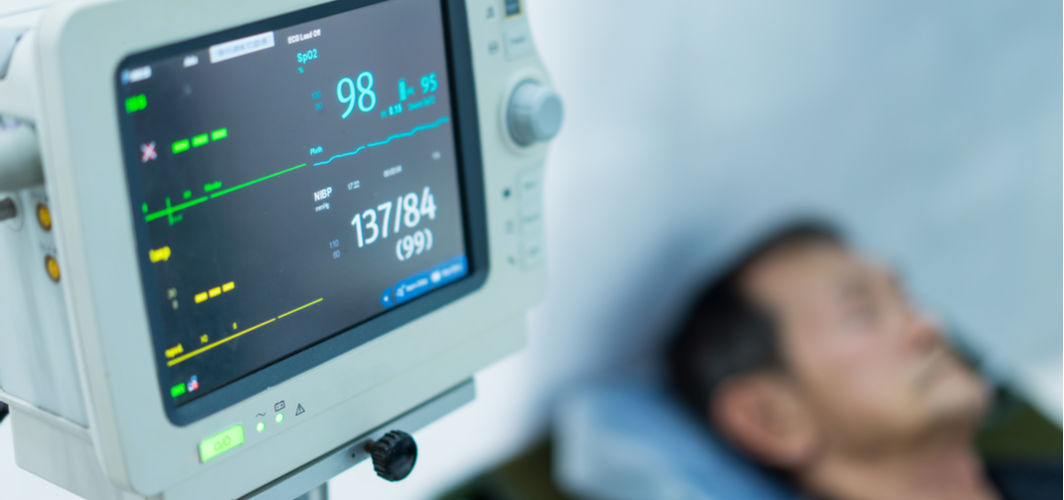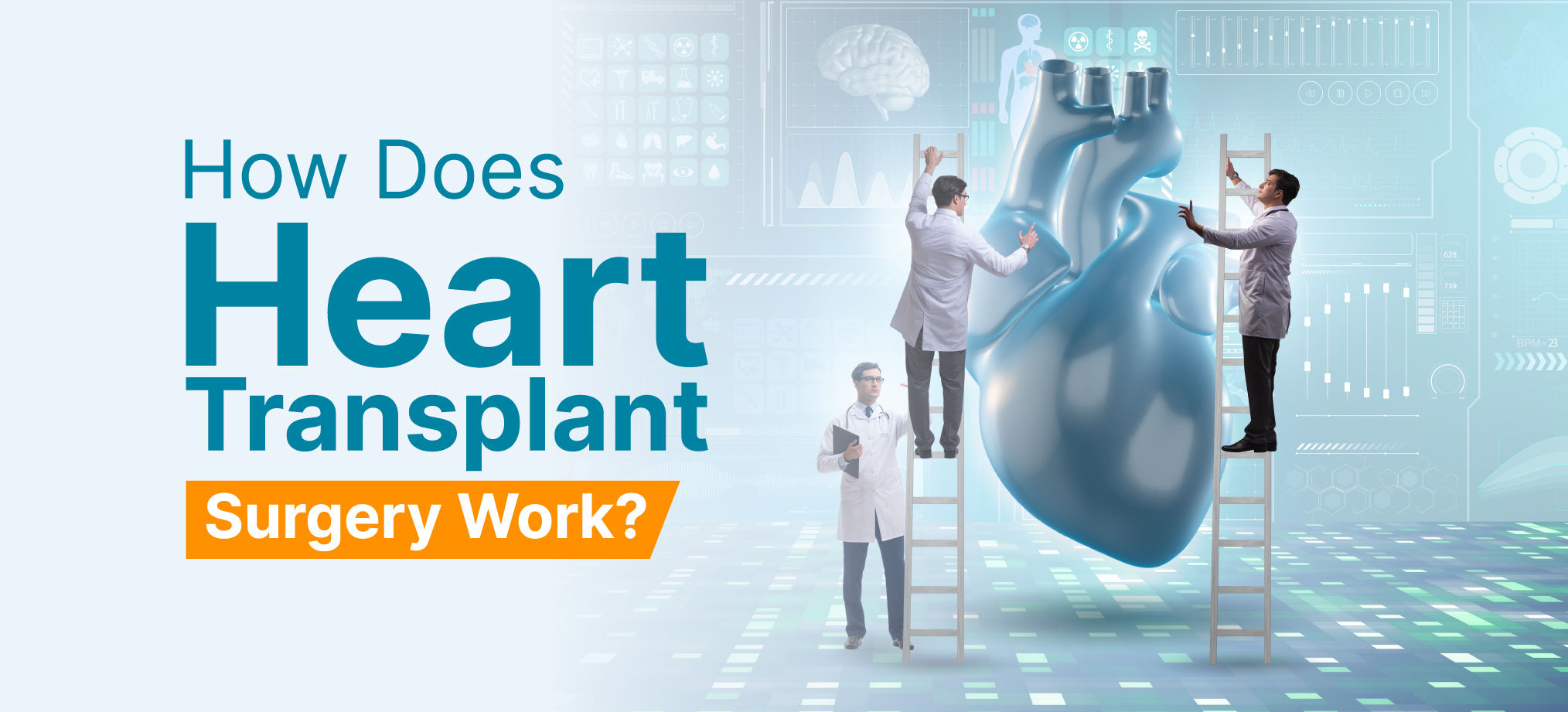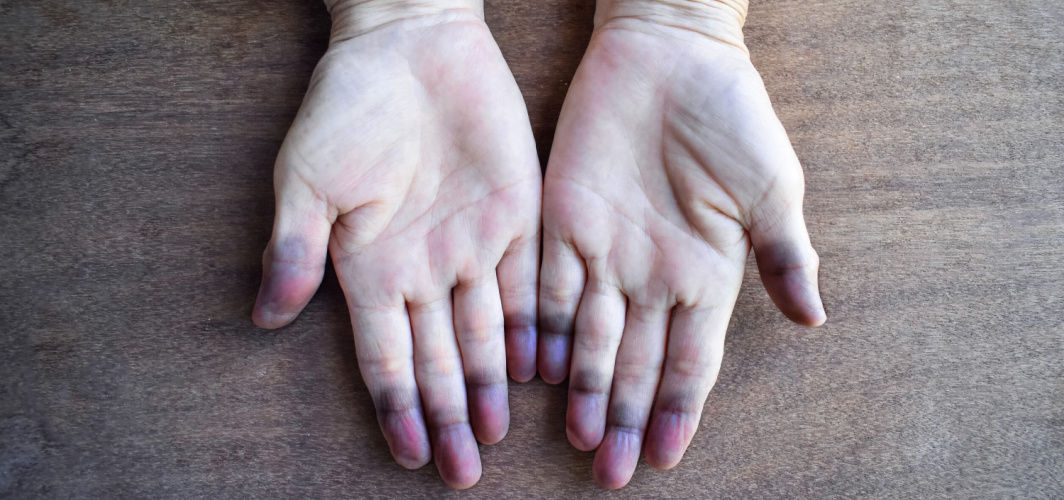Heart Conditions
Night-time Blood Pressure: What Does It Reveal?
3 min read
By Apollo 24/7, Published on - 04 December 2020, Updated on - 29 January 2024
Share this article
0
17 likes

What is nocturnal hypertension?
Study on the impact of nocturnal hypertension on heart health
- A total of 306 cardiovascular events were recorded during the course of the study. The study participants experienced 88 cases of heart failure, 99 cases of coronary artery disease, and 119 cases of strokes.
- The study found that people who recorded a nighttime systolic blood pressure 20 mm Hg more than their daytime systolic reading were more likely to experience atherosclerotic cardiovascular disease and heart failure.
- Interestingly, the study also noted that the participants who controlled their blood pressure levels with medication but experienced a high reduction in blood pressure during their sleep were at a greater risk of strokes.
Factors responsible for nocturnal hypertension
- Old age
- Obesity
- Stress
- Hypertension (daytime)
- Diabetes
- Obstructive sleep apnea
- Kidney disease
- Thyroid problems
- High salt sensitivity
How to prevent nocturnal hypertension?
- Take blood pressure medication in the evening
- Get enough sleep
- Control stress and anxiety
- Reduce the intake of salt
- Quit smoking
- Avoid caffeinated beverages and alcohol later in the day
- Manage blood glucose levels
- Avoid napping during the day
- Increase physical activity (during the daytime hours)
- Avoid exposure to blue light from digital devices.
Conclusion
Heart Conditions
Leave Comment
Recommended for you

Heart Conditions
How Does Heart Transplant Surgery Work?
Generally a heart transplant surgery is recommended for patients who are suffering from end-stage heart ailments such as heart failure. The transplant surgery works by replacing a diseased heart with a healthy one, which increases the patient's longevity.

Heart Conditions
Can Heart Disease Run In Your Family?
Lifestyle and age are important factors that affect your risk for heart disease. It can also be passed on through your family members. These conditions do not always show symptoms so you should get regular check-ups depending on your family’s medical history.

Heart Conditions
7 Signs Of Heart Disease That Appear On The Skin
Heart disease is not a disorder that occurs suddenly. It tends to build itself over months and years. During this time your skin might show signs and symptoms of an underlying heart condition. You mustn't take these signals lightly and seek immediate medical care.
Subscribe
Sign up for our free Health Library Daily Newsletter
Get doctor-approved health tips, news, and more.
Visual Stories

Lower Your Cholesterol Naturally with These 7 Foods
Tap to continue exploring
Recommended for you

Heart Conditions
How Does Heart Transplant Surgery Work?
Generally a heart transplant surgery is recommended for patients who are suffering from end-stage heart ailments such as heart failure. The transplant surgery works by replacing a diseased heart with a healthy one, which increases the patient's longevity.

Heart Conditions
Can Heart Disease Run In Your Family?
Lifestyle and age are important factors that affect your risk for heart disease. It can also be passed on through your family members. These conditions do not always show symptoms so you should get regular check-ups depending on your family’s medical history.

Heart Conditions
7 Signs Of Heart Disease That Appear On The Skin
Heart disease is not a disorder that occurs suddenly. It tends to build itself over months and years. During this time your skin might show signs and symptoms of an underlying heart condition. You mustn't take these signals lightly and seek immediate medical care.